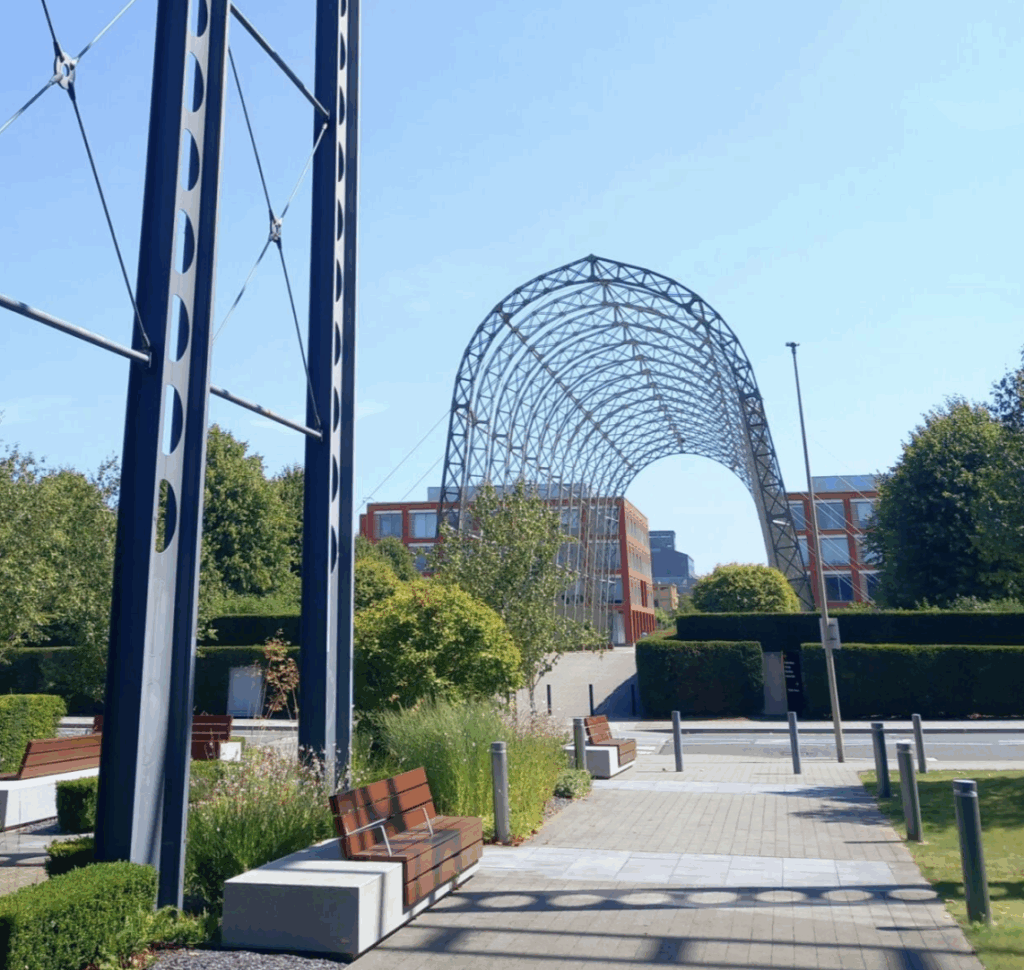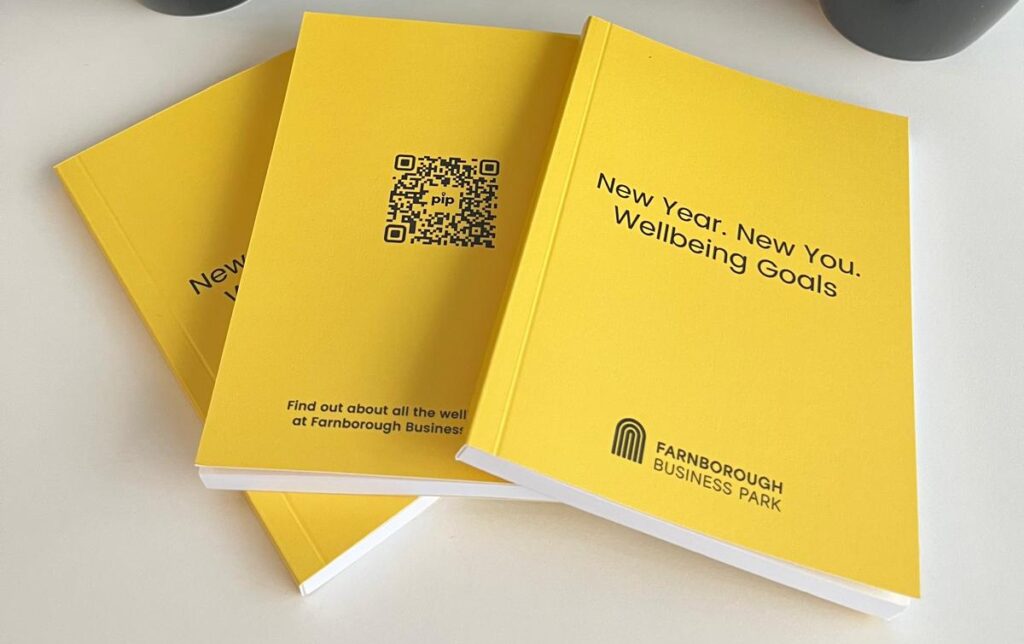Balancing open-plan and private office space

The rise of open-plan offices
The open-plan office design has gained immense popularity, with companies embracing the concept of an open, collaborative workspace. How did this happen? By the belief that removing traditional cubicles and walls would foster increased communication, creativity, and a sense of community among employees. However, as the trend continues to evolve, discussions have also highlighted the importance of balancing collaboration with privacy and focus to create the optimal office space.
The need for privacy and focus
While open-plan offices are great for collaboration and teamwork, it’s equally important to provide dedicated spaces for privacy and focused work. These quiet zones allow employees to concentrate fully on tasks that require deep thinking or confidential discussions, ultimately boosting productivity and job satisfaction.
Striking the right balance between collaborative areas and private retreats acknowledges the diverse needs of employees. Some thrive in lively environments, while others require peaceful settings to do their best work. Offering a range of workspaces caters to these preferences, creating an inclusive environment where everyone can contribute effectively.
In addition, access to private spaces promotes a sense of autonomy and psychological safety.
Employees feel empowered to manage their time and energy effectively, taking breaks from the buzz of activity when needed. This autonomy creates a sense of trust and respect within the organisation; a positive work culture where individuals feel valued and supported.
Recent studies have highlighted the importance of inclusive space planning, particularly when it comes to neurodiversity. Individuals with conditions such as autism spectrum disorder, ADHD, or sensory processing disorders may find the stimuli in these office spaces overwhelming, leading to a decrease in productivity levels.
Design strategies for hybrid workspaces
It is clear that finding the right balance between open and private spaces is crucial. Every organisation comprises individuals with diverse work styles, preferences, and needs. While some thrive in collaborative environments, others may require more privacy and quiet to excel.
To address these concerns, many companies are exploring hybrid workspace solutions that incorporate a mix of open-plan areas and private spaces. This approach allows for the benefits of collaboration while also providing employees with dedicated spaces for focused work and confidential conversations.
One design strategy involves implementing activity-based working, where different zones are designated for specific tasks:
- Open areas can be reserved for collaborative work
- Quiet rooms, pods, or enclosed spaces can offer a sanctuary for concentration and privacy
- Flexible furniture and partitions can create adaptable spaces that cater to the changing needs of employees throughout the workday
Embracing flexible work environments
More and more companies are recognising the importance of embracing flexible work environments. By empowering employees with choice and control over their workspaces, organisations can create a culture of trust and autonomy, leading to increased job satisfaction and productivity.
Grade-A office space in the perfect working environment
At Farnborough Business Park, we provide grade-A office space in the perfect working environment for switched-on businesses. Our offices have been refurbished to exceptionally high standards and are home to a diverse range of businesses, from start-ups to international headquarters. To learn more, get in touch with us today.
Other news and articles

In January at Farnborough Business Park, we focused on small steps to boost wellbeing in ways that fit naturally into the working day. As we move into February, we’re turning our attention to Appreciation Month — a chance to celebrate the small gestures that can have a big impact, helping our community feel seen, heard and supported.

When you manage commercial property effectively, it can boost your operational efficiency, support your business growth, and contribute to a positive workplace culture.

The start of a new year is a natural time to reset and refocus and think about how we look after ourselves, particularly after the indulgences over the festive season.